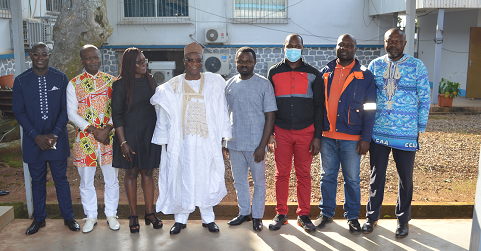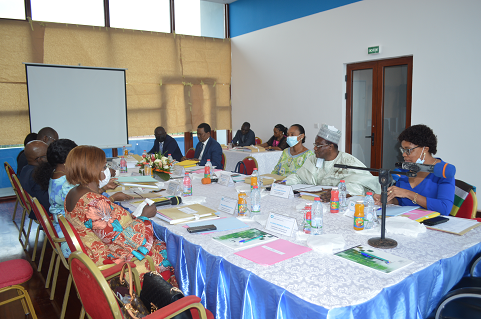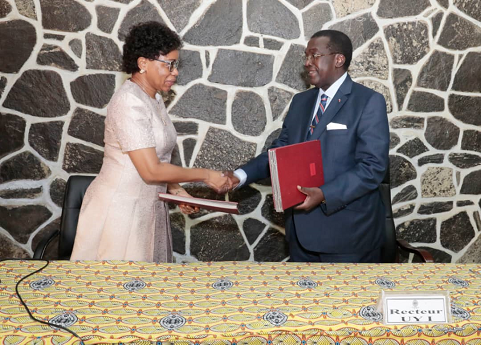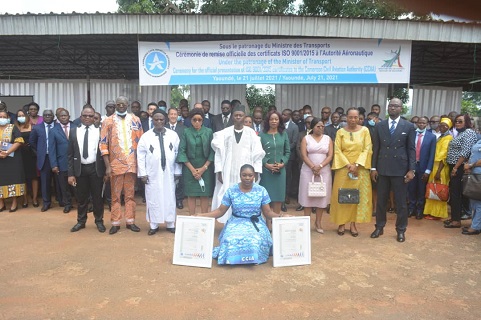Avionics Engineer: Build and Operate systems
Avionics is the science that studies the design, construction, maintenance and operation of aircraft embedded radio, electronic and computer system.
Controlling air traffic, maintaining operational equipment, designing and maintaining airport infrastructures, controlling the technical operation of airports and airlines, and managing human, financial and logistical resources. All these activities require a variety of skills and are all areas of practice for different professions.
Avionics occupy a growing share in the cost of an airplane and in its optimal operation. Airborne systems provide various functions such as guidance, steering, fuel management, on-board / ground or air-to-ground communications...
The complexity of avionics is constantly increasing, because there are more and more functions to be integrated; Aircraft becoming a true computer system.
To be an avionics engineer, you have to follow a very rigorous curriculum; be a holder of a college certificate in the scientific or technical series. Then, follow the preparatory courses in a suitable university for one year. We do not have any in Cameroon. As an example of an avionics training school, we have the International Civil Aviation University of Kiev in Ukraine, the National School of Civil Aviation of Toulouse ... The courses are practically the same in all these schools, And there after the preparatory year, comes a very selective entrance examination into these Universities and Schools or through serious file review.
The duration of training for obtaining an engineering degree is 5 years minimum. The level of the courses is much sustained. In order to succeed in these schools, you must not only be highly focused but also have a good basis in mathematics, physics, computer science, etc. This is to be able to follow the other specialty courses without great difficulties. The courses cover radio waves, higher mathematics, computer design, descriptive geometry, knowledge of microprocessors, electrodynamics, flight safety, psychology, management, etc. At the end of studies, one can exercise duties within airline companies, expertise cabinets in the domain of civil aviation authority. In the latter case, you may be in charge of aircraft airworthiness inspections, technical operations of aircraft or pilot licensing, hostesses and stewards, and maintenance engineers...
Given the level of complexity of avionics, an avionics engineer must always be very available and vigilant, because an error can have very serious consequences (plane crash for example). It is a very fulfilling job where one earns a fairly good life because the remuneration is slightly above the average.











